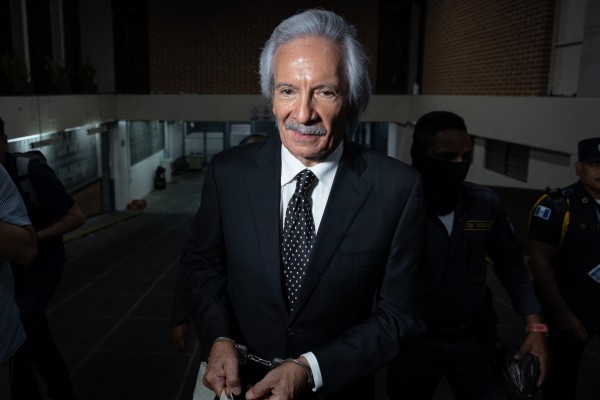The National Union of Journalists (UNP) in Ecuador is calling on the country’s National Assembly to hold a final debate on a draft Organic Law on Communication (Ley Organica de Comunication) before it is passed.
The journalists’ union recently presented a 15-page document to authorities calling for more debate on the proposed communications act, which human rights groups have deemed restrictive to free expression. The journalists’ union document stems from a 13 March National Journalists’ Forum organised by the union, which has more than 1,700 members throughout Ecuador.
The union’s stance on the proposed legislation is that it violates Ecuador’s constitution and is in conflict with the United Nations’ Universal Declaration of Human Rights.
At issue, according to Vicente Ordonez, president of the journalists’ union, are five elements of the bill:
The proposed creation of a system of social communication that would subject the media to a national media policy developed by the state.
The creation of a council of communication and information, which the union says should not exist. If it does come into being, the union adds, it should include “broad representation of society as a whole, but without government officials.”
The qualifications straitjacketing information, which the union calls “censorship through adjectives.” (The draft law warns against “news based on assumptions that may cause social or public disturbances.”)
The requirement that media practitioners have a university degree in social communication or journalism.
The legal framework for public media. The union wants a legal framework for public media that ensures that “they do not become government mouthpieces.”
In a recent email to IPI, UNP President Ordonez wrote: “The UNP regrets the inclusion of an article in the project to create a new criminal penalty for journalists who publish information in ‘exchange for favors.’ In the past three years, criminal proceedings have begun against eight journalists and directors, so the UNP calls for the removal of written contempt and criminalization rules because they are still in force in Ecuador’s Criminal Code.”
UNP is lobbying for its views to be considered in the debate over the draft bill, which should be concluded by early June. Inclusion of the UNP changes in the final law would be a big victory for Ecuador.


